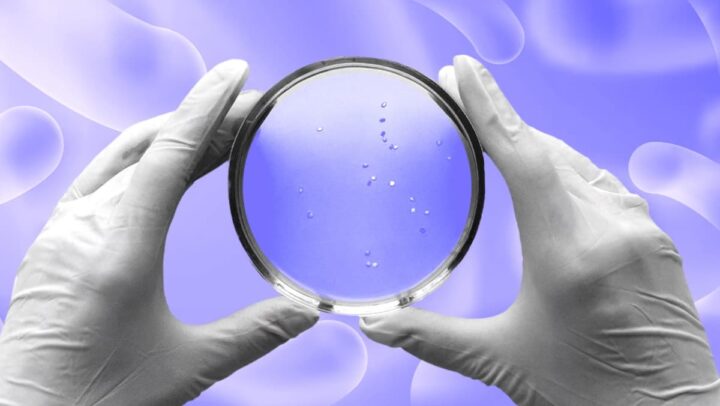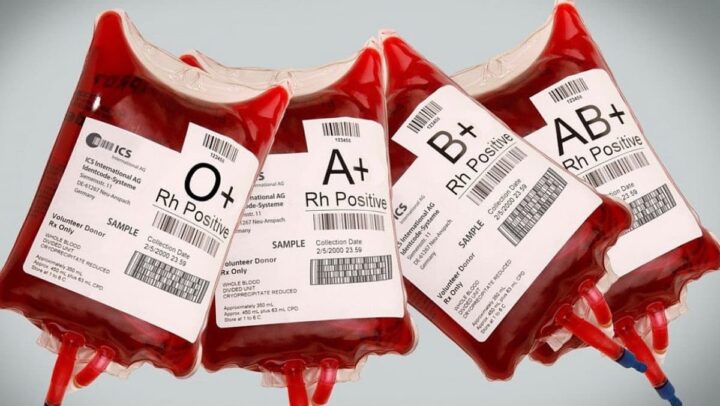A team of researchers claims to have discovered a common bacteria that can easily manipulate enzymes in blood to make it a universal type of donor. This could be a discovery of great importance to mankind.
We will be closer to a "universal blood".
This process, if extended to clinical use, could have significant clinical and social consequences. Blood supplies are at an all-time low around the world, especially in low-income countries – a situation that will be exacerbated by the rapid aging of the population.
Generally, blood groups are determined by the presence of A and B antigens on red blood cells. Group O types do not have any of these antigens.
Healthcare professionals must be very careful when it comes to blood types, as a transfusion of the wrong type can cause the immune system to attack the new blood cells, which can be fatal.
Researchers at Denmark's Technical University (DTU) and Lund University in Sweden have explored a solution and discovered that it produces specific enzymes. Common intestinal bacteria were able to eliminate both A and B antigensPaving the way to ensure a sustainable supply of universal donor blood.
For the first time, new enzyme cocktails not only remove the well-characterized A and B antigens, but also remove extended variants previously unrecognized as problematic for transfusion protection.
DTU researcher and lead author Maher Abo Hashem said A new article About the findings are published in the journal Nature Microbiology Report.

Akkermansia muciniphila is a virulent bacterium discovered in 2004. It is present in the human intestine.
A common enzyme in the human gut
The idea of removing the enzyme pair has been around for over 40 years. Despite the efforts of scientists, no one has found a way to prepare universal donor blood without running the risk of immune reactions, which prevented the use of this idea in clinics.
But now, Abu Hashem and his team have discovered that it's a common enzyme in the human gut. Ackermansia muciniphilaA and B are more efficient at degrading antigens because they are more similar to the copious amounts of mucus ingested in the gut for feeding.
Mucositis is unique in that the bacteria that can live in this material contain tailor-made enzymes that include ABO blood group antigens to break down the mucosal sugar structures. This hypothesis turned out to be correct.
Abu Hashem explained.
A reliable and safe universal blood type would have considerable advantages.
Universal blood allows more efficient use of donor blood and avoids the administration of ABO-incompatible transfusions by mistake, which can have fatal consequences for the recipient.
If we can produce ABO-universal donor blood, we will simplify the logistics of transporting and managing safe blood products while reducing blood waste.
Martin Olsen, professor of hematology at Lund University and lead author of the study, said in the statement.
However, it is still too early to say whether the new process will effectively revolutionize blood transfusions. The team now hopes to test their new process in clinical trials, but even if it proves successful — which is far from guaranteed — any commercial production is still years away.

“Hardcore explorer. Extreme communicator. Professional writer. General music practitioner. Prone to fits of apathy.”

